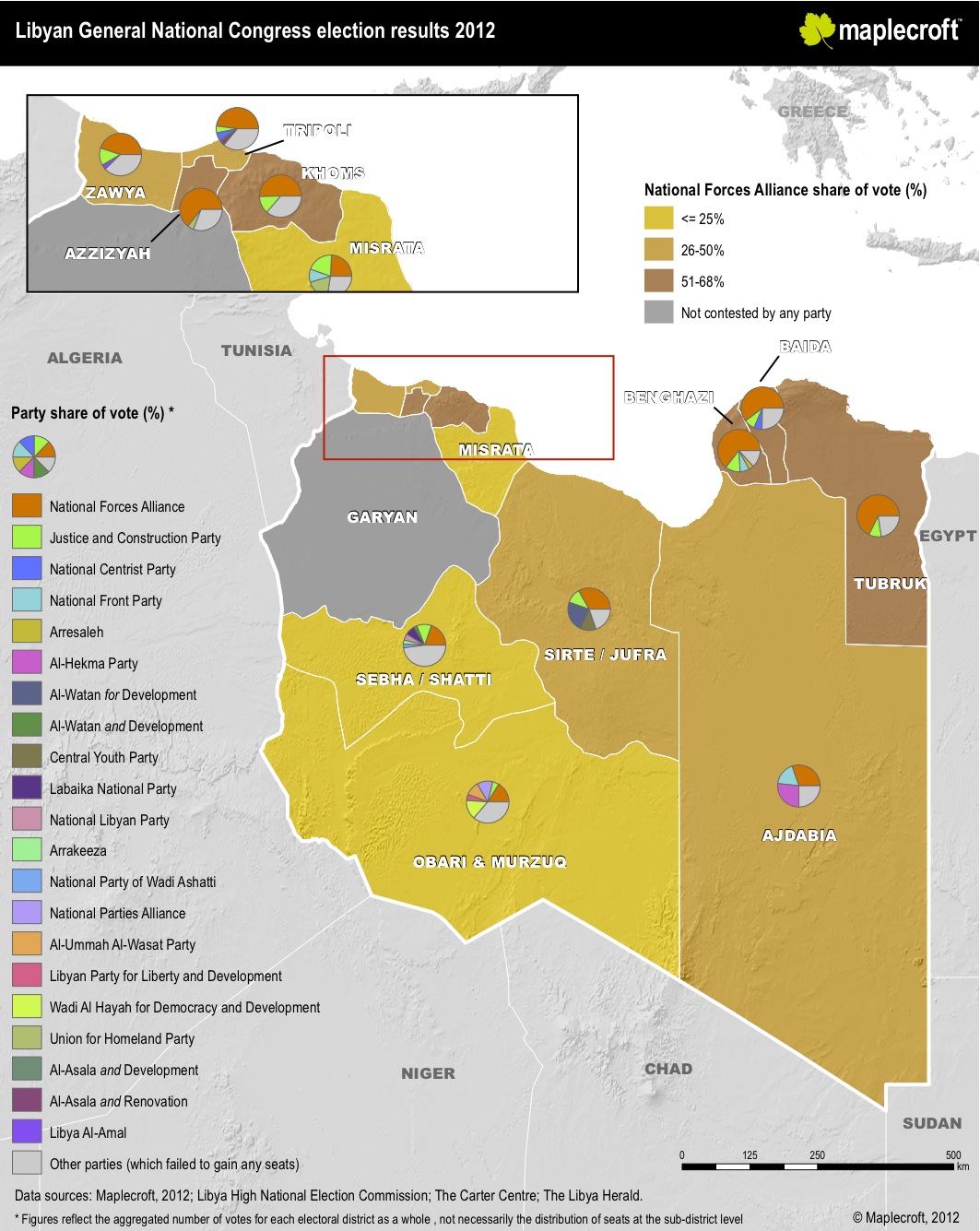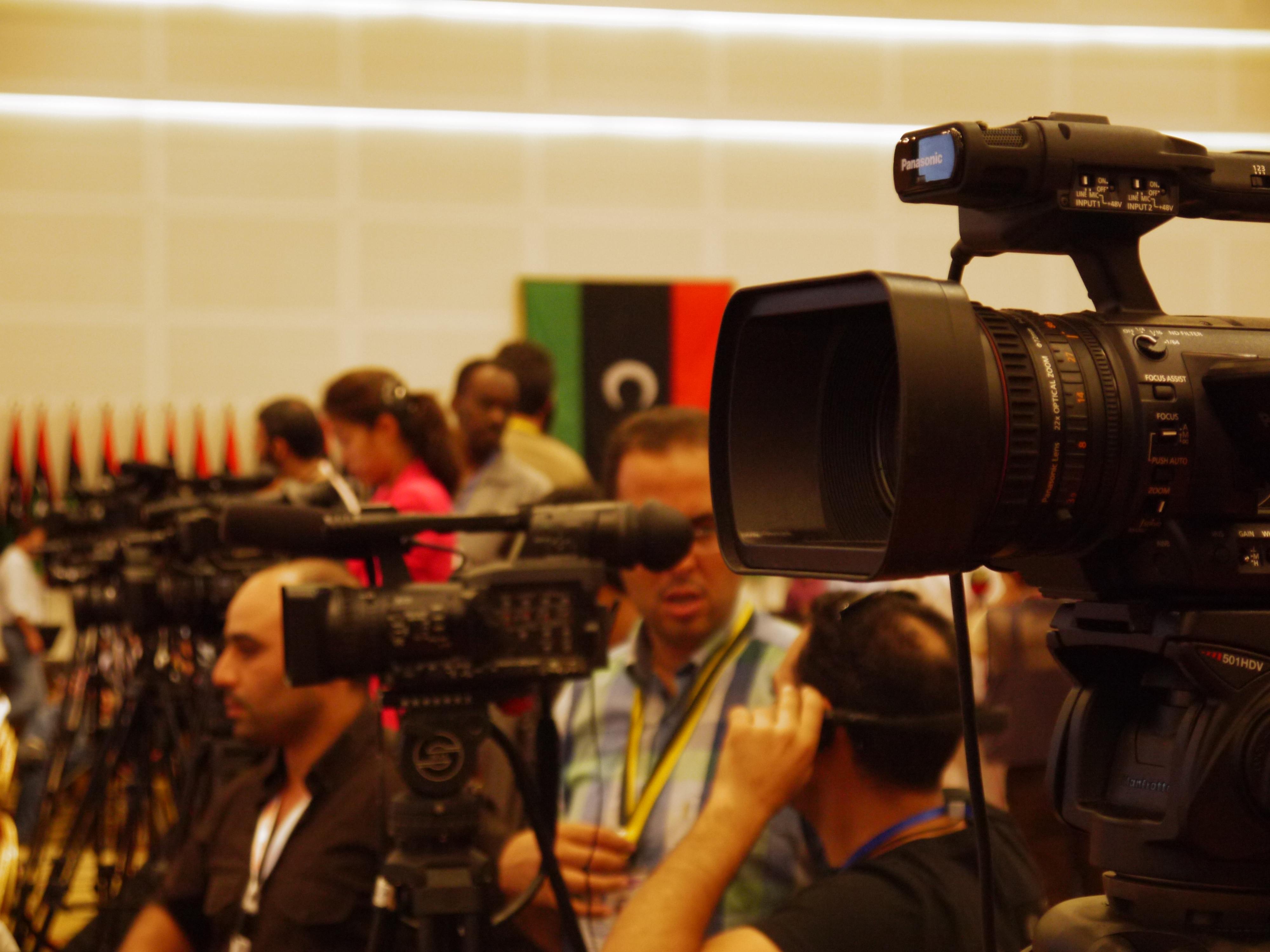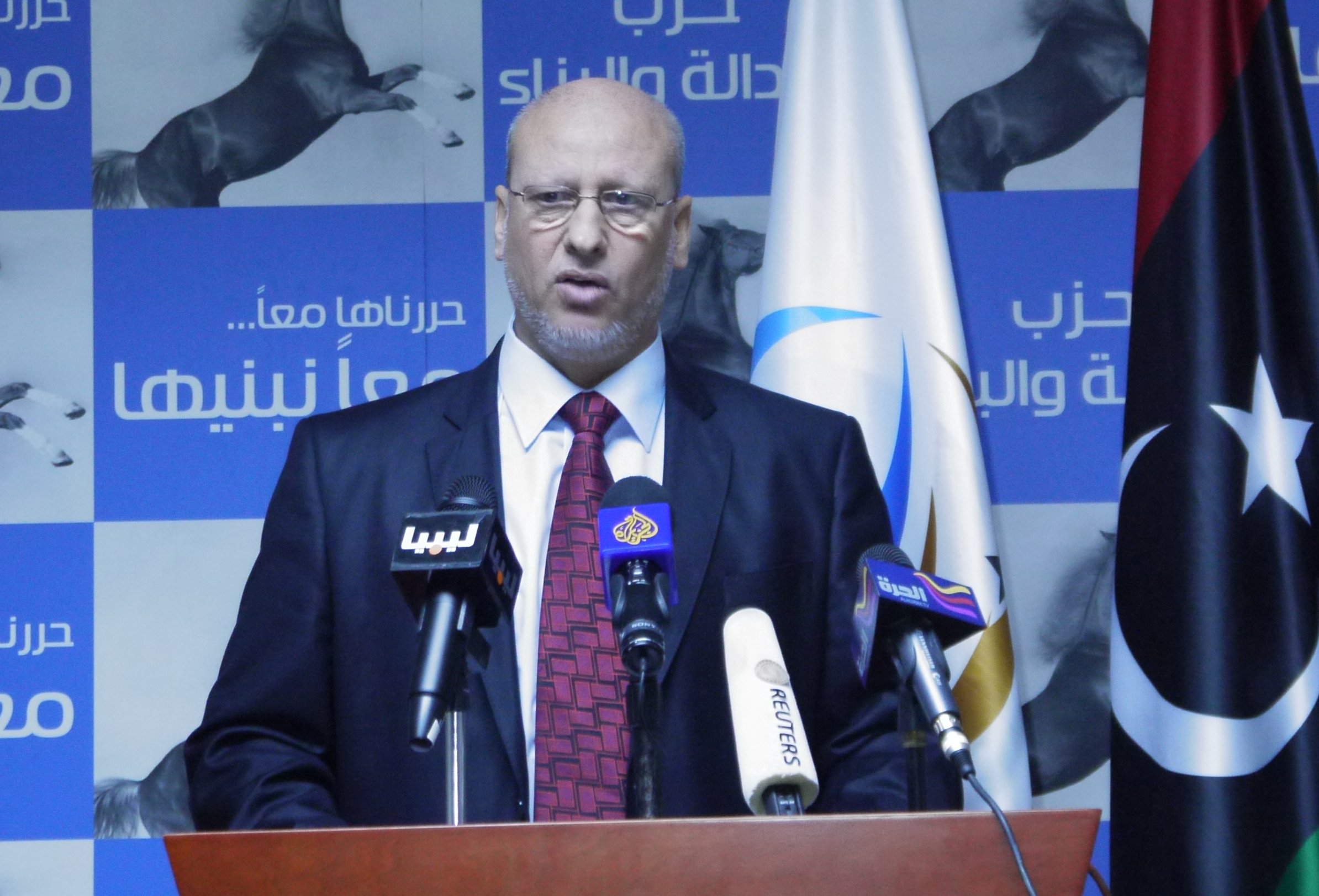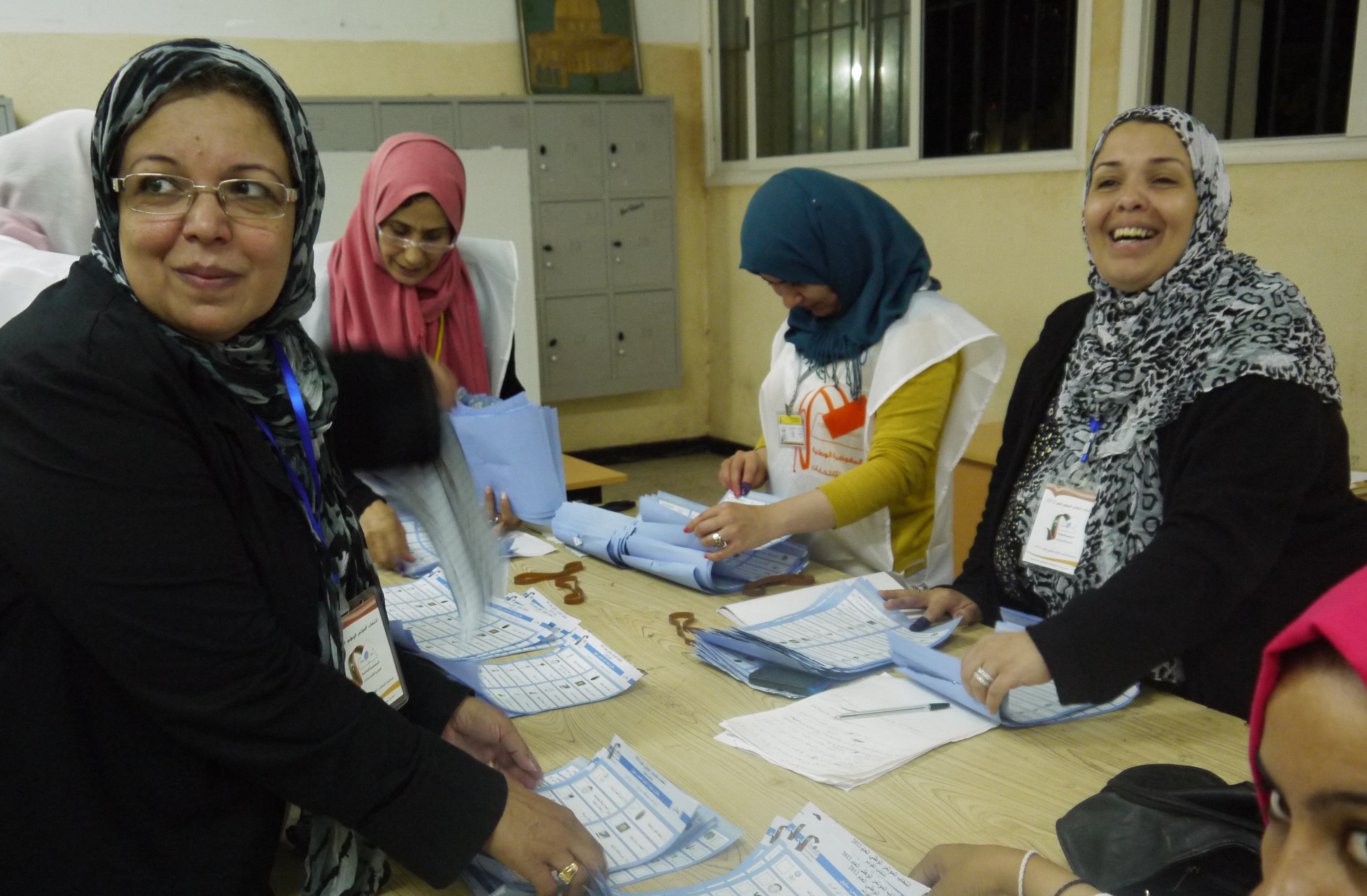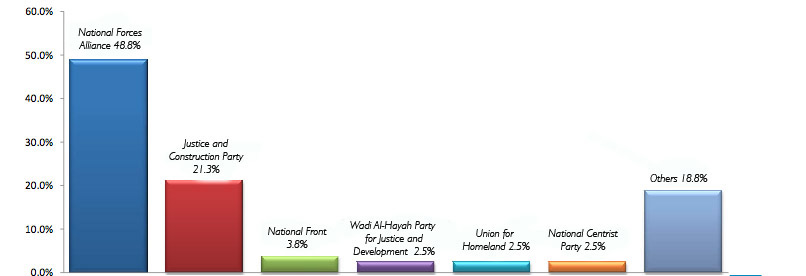Tripoli, 18 July:
Najeib Rabti comes from the eastern parts of Libya, from Bayda. He currently serves as a judge in the . . .[restrict]Eastern Region, Libya Herald reporter Ashraf Abdul Wahab met up with him on Monday, 16 July 2012 and conducted with him the following interview:
Q: Mr Najeib, how were the members of the High National Election Commission (HNEC) chosen? Where they selected according to regions or their qualifications?
A: The HNEC members were not selected according to regions. They were chosen from all sectors. No specific regions were chosen. This is why we find among the HNEC members, judges, civil society organisation activists, lawyers and young people. HNEC currently consists of ten members, however, it initially consisted of 17, five of whom have resigned and the other two members never attended. The HNEC was formed three times until the current HNEC members were finally appointed.
Q: We heard that some polling stations were not opened. Could you give us the exact number of the polling stations which were not used?
A: A plan was set for the polling stations according to the final registered number of voters. The number of citizens who were registered in the records of voters was 2,845,000 and the plan was to divide them between 6,702 stations. But due to certain circumstances involving security, the number of polling stations was reduced. Also, some centres were combined together and others were not used at all, either due to an insufficient number of voters in the area, or for security reasons.
These, I am sure, you must have heard about. There were security violations. Some stations were ransacked and some destroyed. However, the results will be announced on Tuesday, including the number of voting cards that were damaged as well as the number of voting cards that were counted and those which were excluded.
The preliminary results will be announced tomorrow, and then a period of 14 days will be allowed for appeals after which the final results will be declared.
Q: What were the biggest problems you encountered in the elections, starting from voting though to the sorting and counting process?
A: The main problems during the voting process, as I mentioned previously, were related only to security.
Some problems happened when two polling stations of the Tebus [in Kufra] refused at first to accept the polling materials but we managed to resolve the situation and the stations were finally opened and the voting process was performed.
As for the counting and sorting process, we were faced with some difficulties, mostly due to the lack of experience of those involved in the polling stations and polling centres. Errors consisted mostly of counting documents being mistakenly placed inside the voting box which meant the consequent need to re-open the box. This required permission from the HNEC as well as the presence of the constituency’s head, the head of the polling station, the agents of candidates’ and the election observers. They had to be present for the box to be re-opened and for the re-sorting and re-counting to be performed.
On the other hand, some centres provided figures which did not match with the documentation and the recorded number of votes, which meant that the same lengthy process has had to be followed to sort the problem. Some centres also sent documents which did not contain a number, and which were therefore rejected by the system. We were then obliged to contact the centre to correct the number and re-enter it and so on. However, thanks be to God, despite all that, we can say we managed to sort about 90 percent of these problems and thus preliminary results will be announced on Tuesday, God willing.
Q: To what extent are you satisfied with the election process?
A: Well, many national and international organisations have praised the election process. As for me personally, I think the election process was very much a success and what mistakes happened were due to inexperience in the field of elections. I’m sure it will be much better next time, God willing. [/restrict]
